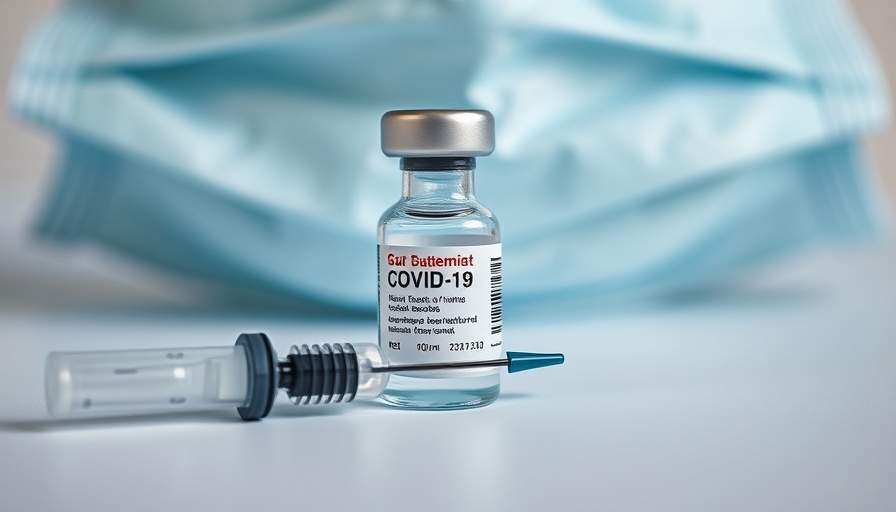
FDA Prioritizes COVID Vaccines for High-Risk Groups: A Shift in Strategy
In a significant policy announcement, the FDA has decided to prioritize the approval of COVID-19 vaccines for Americans aged 65 and older, as well as for those over six months who are considered high-risk for severe disease. This shift aims to align the United States with practices already seen in several European countries, Canada, and Australia, where similar priorities have been set for booster vaccinations. According to FDA Commissioner Dr. Martin Makary and Dr. Vinay Prasad, the new chief of the FDA’s Center for Biologics Evaluation and Research, this decision reflects a changing landscape in COVID management and vaccination strategy.
Understanding the Rationale Behind This Change
The adjustment in the FDA's approach is grounded in emerging evidence around COVID-19 and its long-term implications. With many Americans now having faced the virus multiple times and the overall risk of severe disease declining, the FDA is taking a cautious but pragmatic stance. According to Dr. Prasad, the effectiveness of multiple booster doses is still uncertain, raising essential questions about safety and efficacy in lower-risk populations. Their new framework will primarily benefit approximately 100 to 200 million Americans who are identified as having a favorable benefit-to-risk balance.
The Impact of New FDA Guidelines on Vaccine Recommendations
This decision also stands in contrast to the current recommendations by the CDC’s Advisory Committee on Immunization Practices (ACIP), which suggests all individuals aged six months and older receive a booster. As the CDC prepares for a meeting later this June to update its vaccination strategies, it's essential to recognize the balancing act the FDA is trying to navigate—between public health needs and scientific endorsement. The forthcoming ACIP meetings could also influence the overarching narrative on who qualifies for vaccines and boosters moving forward.
Exploring Future Trends in Vaccination
The FDA's new guideline could pave the way for an updated understanding of vaccination timelines and strategies moving towards fall 2025 and beyond. Unlike previous COVID management phases, where urgency dictated rapid approvals without extensive trials, the FDA is now insisting on randomized, controlled trials to validate the vaccine's efficacy in those aged 50 to 64. This pivot illustrates a commitment to gold-standard science over mere regulatory flexibility—transforming how American citizens might access future COVID vaccines.
The Emotional Connection: Why This Matters Now
For many, especially older adults and those with underlying health conditions, these changes could evoke fear, hope, or a blend of both. Individuals relying on the vaccine for protection against severe health risks are more than mere statistics; they are grandparents, parents, cherished friends, and community members. Understanding the personal stakes involved in these decisions makes it all the more critical to acknowledge the human experiences behind the numbers.
Final Thoughts: Taking Action Moving Forward
As this situation evolves, keeping abreast of new guidelines from the FDA and ACIP will be vital. For those who are eligible, engaging with healthcare providers about the benefits and possible risks of receiving boosters will foster informed decision-making. Supporting public health initiatives that prioritize vulnerable populations could help build a more resilient community.
 Add Row
Add Row  Add
Add 



 Add Row
Add Row  Add
Add 
Write A Comment